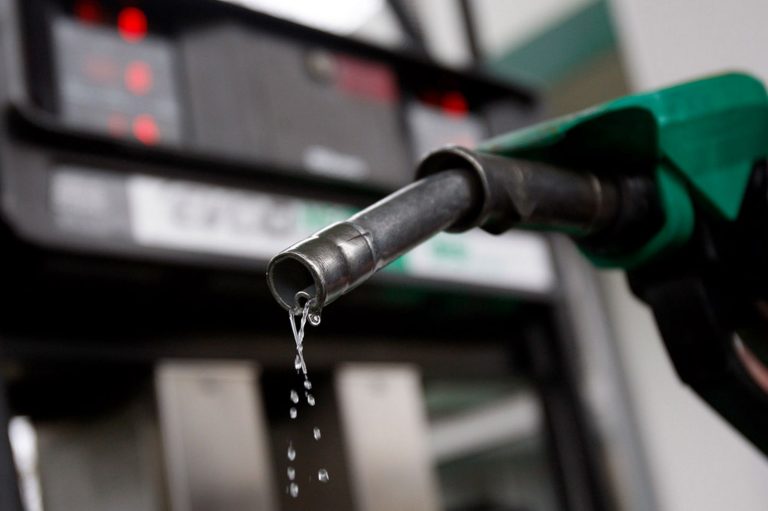There is a lot of discussion and worry about the recent elimination of fuel subsidies in Nigeria, especially among the poor and vulnerable.
The government maintains that the subsidy was unsustainable and a waste of public funds, while detractors claim it has made many Nigerians’ financial difficulties worse.
When fuel subsidies are eliminated, there are significant economic consequences. One possible outcome is that the government would receive more funding, which would be used to fund social programmes and significant infrastructure projects. As a result, the oil and gas sector might also become more efficient.
The immediate effect on customers, however, is adverse. Prices of goods and services have increased as a result of rising transportation expenses brought on by rising fuel prices. This has made the already precarious economy even more strained, increased inflation, and reduced purchasing power.
The withdrawal of fuel subsidies is most likely to affect those who are less fortunate or vulnerable. Given their heavy reliance on inexpensive energy sources and public transportation, they have been disproportionately impacted by rising fuel prices.

Cash transfers and subsidised public transport are two examples of targeted social safety net initiatives that the government must put in place to lessen the impact on the poor. To stabilise energy prices and lessen dependency on fossil fuels, investments in renewable energy sources are also essential.
The government can look at several ways to change the fuel subsidy system rather than doing away with it completely. These consist of giving low-income households and vulnerable groups targeted subsidies, creating a price stabilisation fund to lessen the effects of changes in the price of oil globally, investing in public transport to lessen the need for private vehicles, and promoting the use of renewable energy sources to lessen the need for fossil fuels.
There are possible advantages and disadvantages to the complicated topic of eliminating fuel subsidies. It is important to lessen the detrimental effects on the weak and disadvantaged, even when it might result in financial savings. Governments can guarantee a fair and just shift to a subsidy-free economy by investing in public transport, encouraging renewable energy, and putting in place targeted social safety nets.


